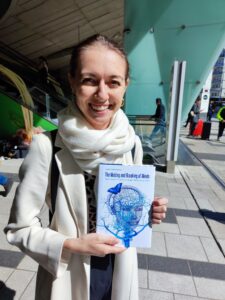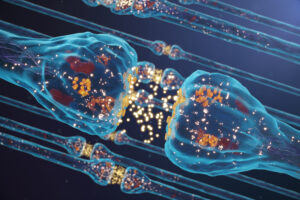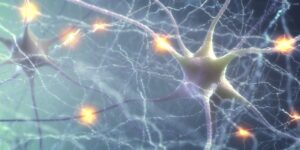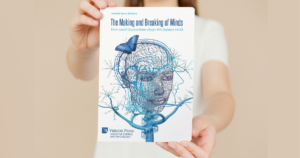Neuroplasticity & the developing brain
The human brain is equipped with capacities that enable it to respond flexibly to ever-changing environmental and social conditions. This capacity of the brain to reorganize itself is called neuroplasticity. Neuroplasticity is particularly marked in childhood. The high malleability of the brain at this developmental stage provides the basis for wide-ranging learning processes. At the same time, however, this malleability leaves the brain vulnerable to negative environmental and social factors.
The vicious circle of abuse
Neuroplastic events that occur in response to abusive or neglecting environments can strongly interfere with the adaptive shaping of neural pathways between the prefrontal cortex and the limbic system. Such changes can compromise judgment and self-control in the abused individual. Traumatic experiences during development can also have other effects on brain plasticity that are mediated by epigenetic mechanisms. Epigenetic effects can impair the developing oxytocin system, adversely affecting attachment and bonding. As a consequence, individuals will – later in life – seek out niches that match the internal mental structures shaped during their early years. They will even alter the environment to make it match their internal structures. This process of social niche construction can lead to the creation of an adverse social environment for the next generation.
Thus, addressing the societal challenge of child abuse and maltreatment requires broad interdisciplinary endeavors, uniting neuroscientists and social education workers to break the vicious circle.
Read more here







